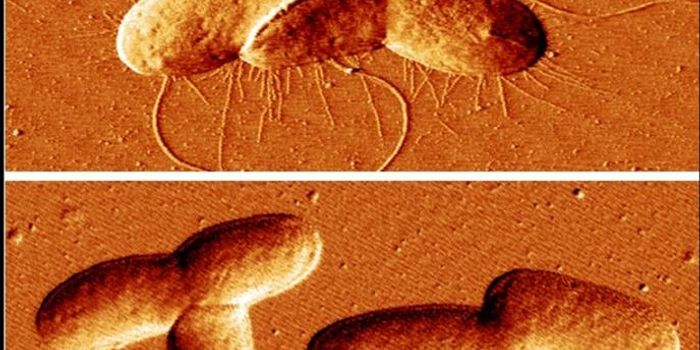The Science Behind Why Pollen Makes You Sneeze
You’ve undoubtedly heard of something called ‘Hay Fever.’ This term effectively describes the allergy-like symptoms that many people get during certain parts of the year when plants begin producing pollen in an effort to reproduce.
Pollen is that light yellow powder-like material that tends to coat your house, car, and any other outdoor belongings in the middle of the year. Pollen is incredibly lightweight, allowing it to flow for miles in the wind, but it’s also particularly sticky, which helps it stay where it ends up.
In some cases, that pollen ends up on your clothes, in your mouth or nose, and in some cases, deep inside your lungs. In this case, your body recognizes the pollen as foreign material, and it begins putting the immune system to work to eradicate the foreign material.
A chemical called histamine is produced in the body, which results in mucus production, sneezing, and watery eyes. These are the body’s natural way of attempting to expel the foreign material, but it also leads to uncomfortable behavior, including but not limited to coughing or sneezing.








